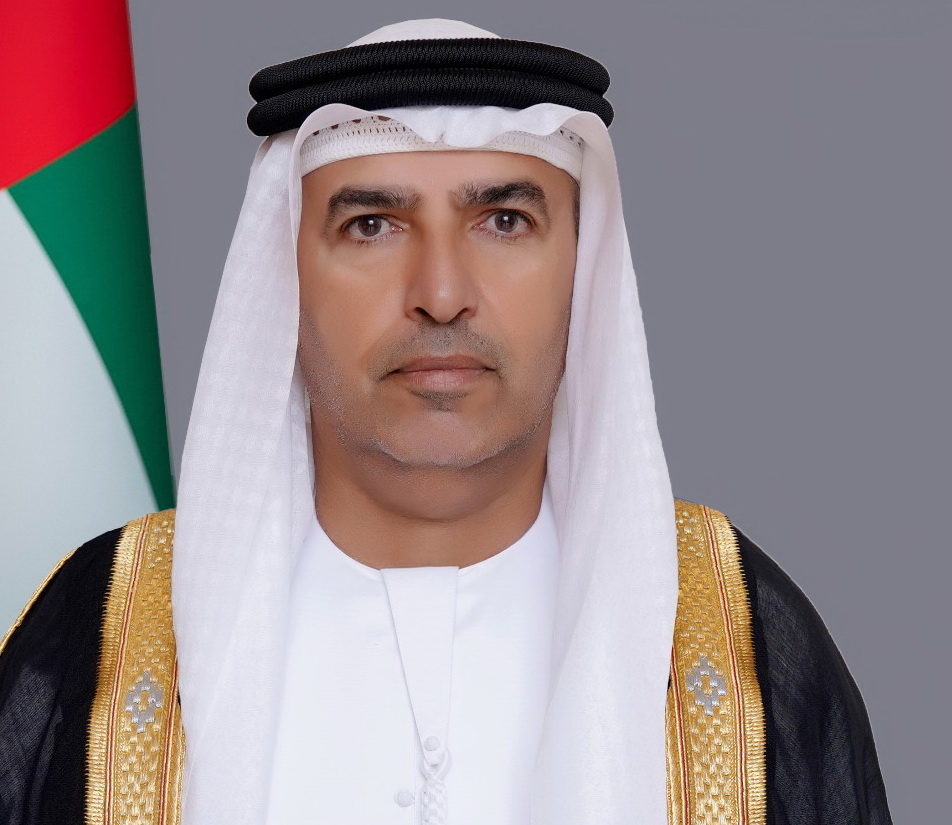2025 VISION FOR THE FUTURE, DYNAMIC FUSION OF EDUCATION AND ECONOMIC DEVELOPMENT
Dr. Muhammad Shahzad Ashfaq
Post-Doctorate (Peace Education)
International Islamic University, Islamabad
Envisioning the future of 2025, the integration of education and economic development plays a critical role in shaping a prosperous and sustainable society. The dynamic fusion of these two pillars can pave the way for innovation, growth, and progress. The potential vision for the year 2025 where education and economic development are link to drive positive change and foster a thriving global community. Education has always been a fundamental component of societal advancement.
In the year 2025, the landscape of education is expect to undergo significant transformations. With the rapid evolution of technology, personalized learning experiences, and the emphasis on developing skills for the future, education systems are likely to become more flexible, inclusive, and diverse. The focus will shift from traditional rote learning to fostering creativity, critical thinking, and problem-solving abilities among students. In this dynamic educational environment, collaboration between educational institutions, industries, and governments will be crucial.
Strong partnerships, educational institutions can align their curricula with the needs of the job market, ensuring that students are equipped with the skills and knowledge required to thrive in a rapidly changing economy. This collaboration can also facilitate research and innovation, driving technological advancements and creating opportunities for economic growth. Furthermore, the integration of vocational training and lifelong learning programs will become increasingly important in 2025. As the nature of work evolves and new industries emerge, continuous upskilling and reskilling will be essential for individuals to remain competitive in the job market.
Educational initiatives that offer flexible, accessible, and practical training opportunities will empower individuals to adapt to changing economic demands and pursue rewarding careers. On the economic development front, the year 2025 is expect to witness a paradigm shift towards sustainable and inclusive growth. Governments, businesses, and communities will collaborate to create a supportive ecosystem that fosters innovations.
The concept of the knowledge economy will be central to driving economic progress. One of the key reasons why the knowledge economy is central to driving economic progress lies in its potential to spur innovation and creativity. Knowledge-based industries such as information technology, biotechnology, and renewable energy will flourish, creating new job opportunities and driving productivity gains. A knowledge economy promotes human capital development and skill enhancement, which are critical factors in achieving sustainable economic growth. As highlighted by the World Bank (2007), investments in education, training, and lifelong learning can significantly enhance productivity and competitiveness, ultimately boosting economic progress.
Countries that prioritize education, research, and technology transfer will be at the forefront of this economic transformation, attracting investment, talent, and innovation. Moreover, the year 2025 will see a greater emphasis on sustainability and environmental stewardship in economic development strategies. With the looming threats of climate change and resource depletion, businesses and governments will need to adopt green practices, reduce carbon emissions, and promote circular economies. Sustainable practices into economic policies, countries can mitigate climate risks, protect natural resources, and promote long-term economic resilience.
The vision for the future of 2025 envisions a dynamic fusion of education and economic development that drives innovation, growth, and prosperity. Embracing technology, collaboration, and sustainability, societies can create a more inclusive, resilient, and prosperous future for all. Education will be the cornerstone of this vision, equipping individuals with the skills and knowledge to thrive in a rapidly changing world, while economic development will provide the opportunities and resources for sustainable growth.
In Pakistan, working together to integrate education and economic development, we can build a brighter future for generations to come. Education is the cornerstone of progress, providing individuals with the knowledge, skills, and mindset essential for navigating the complexities of modern work environments. Moreover, the fusion of education and economic development in 2025 will characterize by a strong emphasis on collaboration between academia, industry, and government. This three-way partnership will facilitate knowledge transfer, technology diffusion, and innovation ecosystems that drive economic competitiveness and propel sustainable growth. Establishing robust linkages between educational institutions, businesses, and policy-makers, countries can foster a culture of innovation, entrepreneurship, and continuous improvement across all sectors.




